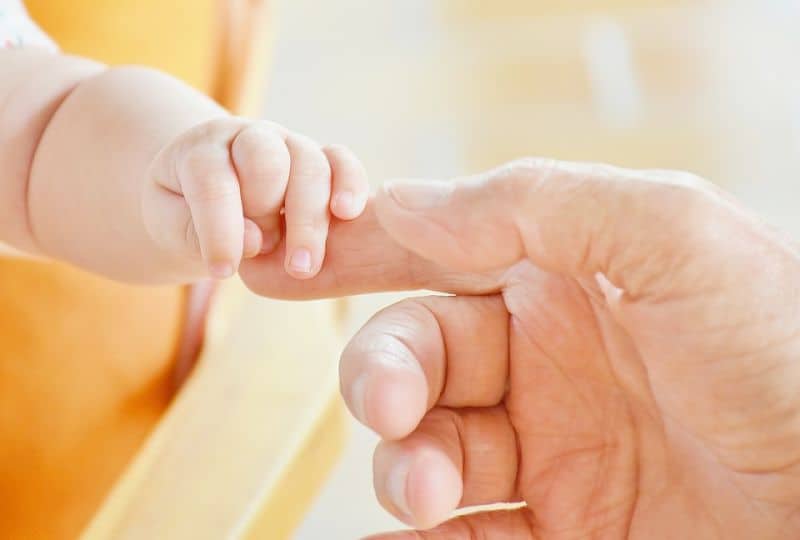New York: While women, for years, have been encouraged not to put off having children until their late thirties and forties, a new study now says that infants of older fathers are more likely to be less healthy at birth.
The study explored that although the absolute risks remain low, there is a need of including men in preconception care.
For the study, researchers from the Stanford University in the US accessed data on all 40,529,905 live births to look at the impact of paternal age on a range of outcomes for the infant and the mother.
Results showed that as the age of the father increased so did the risk of the infant being born prematurely, having a low birth weight and requiring healthcare support after delivery, such as assisted ventilation, admission to neonatal intensive care, or antibiotics.
Findings, published in the journal the BMJ, further revealed that children of fathers aged 45 years or more had a 14 per cent higher risk of being premature in addition to low birth weight (less than 2,500gm) compared to those whose fathers were aged 25 to 34 years.
In addition, infants with fathers aged 45 years or more had a 14 per cent higher risk of being admitted to a neonatal intensive care unit and 18 per cent greater risk of having seizures, compared to infants with fathers aged 25 to 34 years.
Importantly, the risk of gestational diabetes — high blood sugar during pregnancy — also increased by 34 per cent if a woman carried the child of a man aged 55 years or older.
According to the researchers from the varsity, around 13 per cent of premature births and 18 per cent of gestational diabetes are associated with the advanced age of the father, adding that changes in the sperm of older men might explain their findings.
“A significant number of these negative birth outcomes were estimated to be prevented if older fathers had elected to have children before the age of 45 years. The risks associated with advancing paternal age should be included in discussions regarding family planning and reproductive counselling,” the team noted.
This is an observational study, so no firm conclusions can be drawn about cause and effect.
[source_without_link]IANS[/source_without_link]

